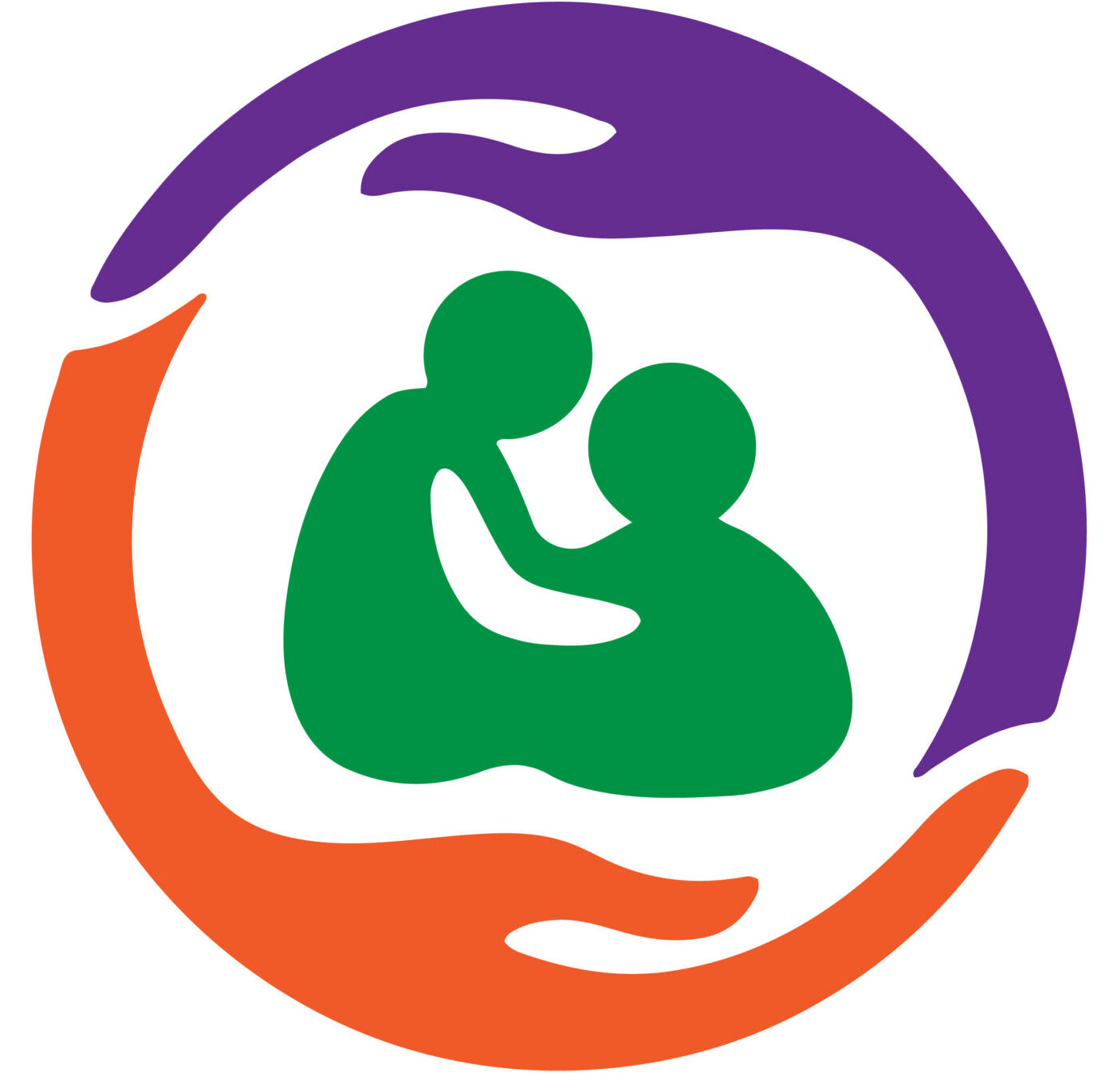
Also, if you’re in a relationship with an addict who’s physically harmful to you, you may have no other choice than to leave. You will likely see that if you’re in a relationship with a drug addict, they become a completely different person than the one you originally knew. To provide insight to any of these questions, it’s important to understand addiction and what it does to relationships.

Staying with someone, even when it’s unhealthy
But recovery from what has been informally called “love addiction” is possible. Experts like Dye recommend a total removal from romantic relationships for about 3 to 6 months and participating in therapy, group therapy, and support groups. In this article, we have argued that there is now abundant behavioral, neurochemical and neuroimaging evidence to support the claim that love is (or at least that it can be) an addiction, in much the same way that chronic drug-seeking behavior can be termed an addiction. And we have argued that no matter how we interpret this evidence, we should conclude that people whose lives are negatively impacted by love ought to be offered support and treatment opportunities analogous to those that we extend to substance abusers. If addictive love is nothing more than a symptom of abnormal brain processes (i.e., the narrow view), then the choices and behaviors it elicits might be considered to be inauthentic or in some sense non-autonomous reflexes of those deviant processes.
If it’s not love addiction, what is it?
That said, any of these behaviors might certainly be worth exploring with a therapist. Some experts have suggested the existence of “love addiction,” loosely defined as the pursuit of love in spite of damaging or harmful consequences as one possible complication. Most love addicts who are unable to end when you love an addict relationships will try to “fix” it and prove to themselves that they are “winning.” For them, “winning” often means that their romantic partner stays with them, and that the intimate relationship continues, regardless of the quality.
The narrow view: addiction as the result of abnormal brain processes
- Addiction typically refers to alcohol or substance dependency, but experts increasingly support the existence of behavioral addictions.
- A love addict will (unconsciously) look for a partner who avoids intimacy.
- Indeed, in arranged marriages, such as are common in some non-Western contexts, the partners might consciously (and intentionally) engage in activities, behaviors, and ways of thinking that allow for love to develop over time.
- Thus, some have proposed that these hominins were “principally monogamous” (Reno et al., 2003).
- According to Dye, including love addiction in the DSM could also inspire more psychologists to receive formal training for unhealthy feelings and behaviors around love.
- Also, like drug addiction, people often find that they struggle to achieve satisfaction.
The attention of a partner, being in a relationship, become central motivations in life. In extreme circumstances, this might feel like a life-or-death situation,” Cheatham explains. Romantic love involves passion, intimacy, and commitment, and you can trace the desire to pursue these feelings back to your earliest childhood attachments.
- However, the authors noted that the cravings and longing tend to mellow over time into a more stable, lasting love.
- When the passion is still there, we’re lucky to have both love and lust.
- “Love addicts” may obsess over their partners, frequently relive shared memories, overanalyze conversations and feel debilitating levels of discomfort in their absence.
- Self-reflection and professional help can aid individuals in overcoming such harmful behavior patterns and transform their inner world and relationships for the better.

This excessive interest often leads to a lack of control, obsessive thoughts and behaviors, and a driving need to have attention, validation and reassurance from another person. This usually causes adverse consequences on various aspects of one’s life. As you’ll read later, love addictions form as a result of painful childhood experiences. It’s as if the person they are longing for is the only person in the entire universe who has the power to take away their pain, give them everything they longed for and never got as a child, and make them feel safe, valued, and worthy. This magical thinking leads love addicts to cling to the relationship, even when the relationship itself is flawed. Similar to those recovering from alcohol use disorder, many individuals experiencing what feels like love addiction may also have a sponsor.

The first approach counts only the most extreme cases (or phases) of love and love-related behaviors as being potential instances of addiction. Research in this vein focuses on sexual compulsions, paedophilia, toxic or abusive relationships, abnormal attachments and unhealthy tolerance of negative life- and relationship outcomes (e.g., Carnes 2005; Reynaud et al. 2010). It appears, however, as if evolution has overdone the negative response to romantic abandonment. Most important, rejected lovers of reproductive age are likely to have lost breeding opportunities or a parenting partner for the offspring they have already produced—forms of reduced future genetic viability (Fisher, 2004). Thus, romantic rejection can have severe social, psychological, economic, and reproductive consequences.
